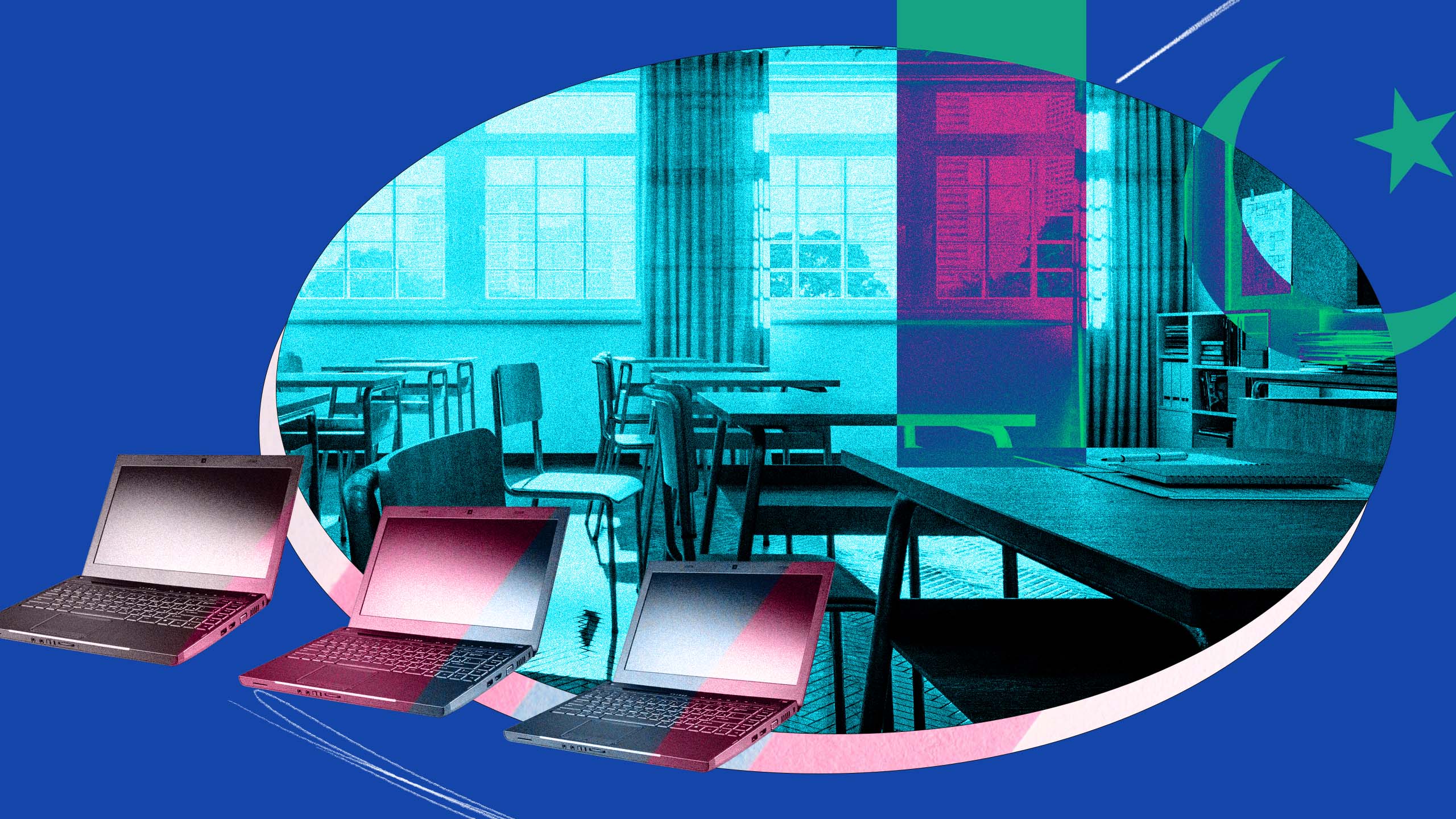Pakistan’s Punjab province has opened a school providing free education and technical skill training for trans people. The school, which opened Wednesday in the city of Lahore, aims to bridge educational gaps for trans people in the region—many of whom struggle to find education and work in the region as a result of discrimination.
According to the Indian newspaper The Tribune, this is the fourth such school in the province, and was opened as part of a greater effort by the Punjab government to “empower more trans persons in society.” Formerly, it had set up similar schools in the cities of Multan, Bahawalpur and Dera Ghazi Khan.
In a statement to The Tribune, the Punjab School Education Department said that education at the Lahore school would be split into two shifts, with first providing mainstream schooling from primary to higher secondary grades, and the second providing training in technical skills, such as cooking, sewing and cosmetology. Books, bags, uniforms and transportation will also be provided by the government. With the exception of two consultants, all of the school instructors are also trans, the newspaper reports. Thirty-six students have been enrolled so far.
Pakistan has a tricky LGBTQ+ rights record. In 2018, the country’s Parliament passed the “Transgender Persons (Protection of Rights) Act,” implementing broad protections for the demographic. Although Pakistan’s Supreme Court ruled in favour of civil rights for trans people in 2009, the country does not have civil rights laws prohibiting discrimination against people of different sexual orientations, and same-sex marriage is currently prohibited by law.
Pakistan isn’t the only Muslim-majority country with such schools. Indonesian trans rights activist Shinta Ratri notably opened Pondok Pesantren Waria, an Islamic boarding school for trans Muslims in Yogyakarta in 2007, after being disowned by her family.
Similarly, an Islamic school for trans Muslims opened in Bangladesh back in 2020, with the purpose of incorporating the demographic into society. The school was created by a group of clerics led by cleric Abdur Rahman Azad, who reportedly lamented the social stigmas that stopped trans people from attaining success in the country. Koranic lessons and Islamic philosophy are taught along with Bengali, English, math and social sciences, according to the French news station France 24.
“For too long they have been living a miserable life,” Azad told the outlet, following the school’s opening. “They can’t go to schools, madrasas or mosques. They have been victims of discrimination. We, society and the state, are to blame for this.”


 Why you can trust Xtra
Why you can trust Xtra


